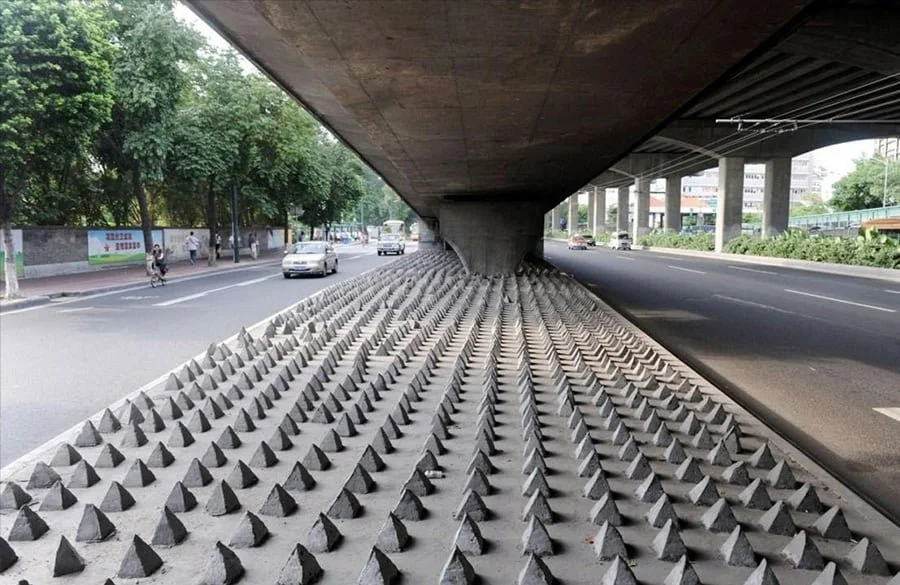Don’t Pass By on the Other Side.
We are very good at avoiding people.
Not just physically, but emotionally, spiritually, and socially.
In Luke 10, Jesus tells the story of the Good Samaritan in response to a question:
“Who is my neighbor?”
And what unfolds is more than a lesson in kindness—it's a confrontation of how often we go out of our way not to care.
In the parable, two religious leaders—the priest and the Levite—see a wounded man lying in the road. Instead of helping, they pass by on the other side. They don’t just ignore him—they physically cross the road to avoid him. And let’s be honest: we do the same. We may not walk past bleeding strangers, but we build fences—literal and metaphorical—to keep our neighbors out of our line of sight.
We construct gated communities to feel safe from the struggle next door. We build emotional walls so we don’t have to feel the pain of someone else’s crisis. We walk a little faster, keep our heads down, or scroll a little longer so we don't have to see.
Sometimes, we even design our public spaces to make sure we don’t have to be confronted by the needs of others. Ever heard of hostile architecture? It's when cities install spikes or bars on flat surfaces to keep homeless people from resting there. It’s a physical manifestation of the attitude: “You’re not welcome here. Your need makes me uncomfortable.” It’s the modern-day equivalent of crossing to the other side of the road.
But Jesus calls us to something deeper—something inconvenient, personal, and sacrificial. The Samaritan in the story didn’t ask if the man deserved help. He didn’t wonder what crime or foolish decision led to the man's injuries. He saw someone in need, and he moved toward him—not away.
Love doesn’t sidestep suffering.
It crosses the street toward it.
And here’s the hard truth: compassion will cost us. Time, energy, comfort, resources. But the kind of love Jesus describes as neighborly isn’t just about feeling something—it’s about doing something.
In God’s Grip,
Pastor Chuck Church
Reflection Questions:
Who are you tempted to “walk past” in your life right now?
What fences—visible or invisible—have you built to avoid the needs of others?
What would it look like to move toward someone in need this week?
Closing Prayer:
Lord, open my eyes to the people I’ve been avoiding. Tear down the walls I’ve built—walls of fear, discomfort, and indifference. Teach me to love my neighbor, not in theory, but in truth and action. Give me the courage to cross the street and see the hurting—and the grace to help them. Amen.

